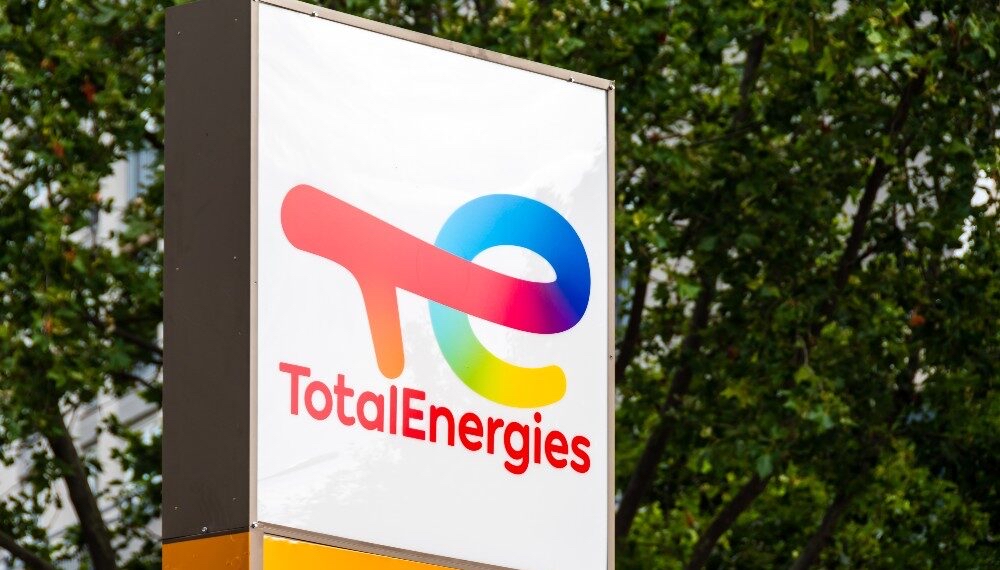Nigeria, Africa’s largest oil producer, has secured a major investment deal with French energy giant TotalEnergies. The company’s CEO, Patrick Pouyanne, met with Nigeria’s President Bola Tinubu in Abuja on Monday and signed a cooperation agreement to invest $6 billion in the country’s oil and gas sector over the next few years.
The deal will focus on offshore oil projects and gas production across all terrain, according to a statement from Tinubu’s office. TotalEnergies will also use its advanced drone-based AUSEA technology to carry out methane detection and measurement campaigns on oil and gas facilities in Nigeria, in partnership with the state-owned NNPC Ltd.
The investment is a boost for Nigeria’s economy, which has been hit hard by the global oil price slump and the COVID-19 pandemic. The country relies heavily on oil revenues, which account for about half of its budget and 90% of its foreign exchange earnings.
Tinubu, who took office in October after a controversial election, has pledged to reform the oil and gas industry and attract more foreign investment. He also promised to remove “anti-investment impediments” and provide incentives to producers to help boost gas output.
Nigeria has the largest proven gas reserves in Africa, estimated at 200 trillion cubic feet, but only a fraction of it is exploited due to infrastructure and regulatory challenges. The country aims to increase its gas production to 15 billion cubic feet per day by 2030, from the current 7.5 billion cubic feet per day.
TotalEnergies is one of the largest international oil companies operating in Nigeria, with interests in around 30 oil mining leases, five of which it operates. The company has been present in the country for over 60 years and produces about 200,000 barrels of oil equivalent per day.
The new deal with TotalEnergies is the latest in a series of meetings that Tinubu has held with oil majors in recent months, as part of his efforts to revive the sector and diversify the economy. He has also met with executives from Shell and Exxon Mobil, who have expressed their commitment to Nigeria’s oil and gas development.
The Nigerian government hopes that these investments will create jobs, improve living standards, and reduce the country’s dependence on oil. It also hopes to leverage its gas resources to power its industries, reduce greenhouse gas emissions, and support its transition to a low-carbon economy.
Nigeria is a signatory to the Paris Agreement on climate change and has pledged to reduce its emissions by 20% by 2030, compared to 2010 levels. The country is also a member of the Global Gas Flaring Reduction Partnership, which aims to eliminate routine gas flaring by 2030.
Despite the challenges and uncertainties facing the oil and gas industry, Nigeria remains optimistic about its prospects and potential. With the support of partners like TotalEnergies, the country hopes to achieve its energy goals and contribute to the global energy transition.
Source: Reuters



